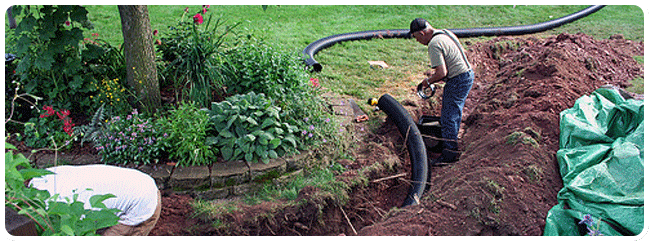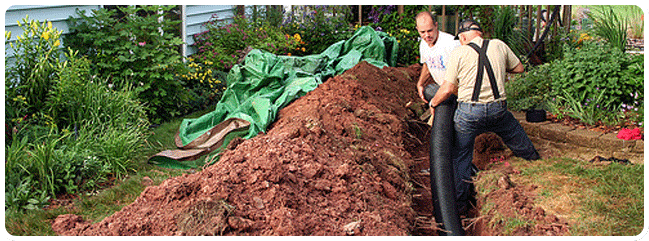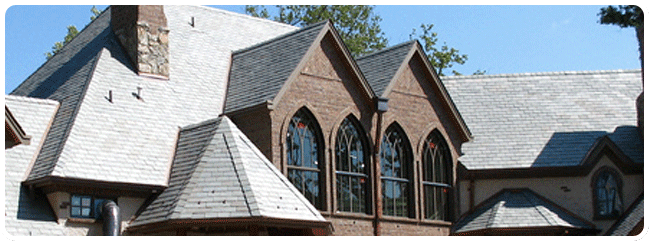Knowing more about the different gutter materials that you can choose from can help you understand which will be better for your home and your budget. Here are the top choices for gutters according to their quality:
 Photo by Soyol-Orgil E. on Unsplash
Photo by Soyol-Orgil E. on Unsplash
Vinyl
The least expensive, most DIY-friendly option because the sections just snap together. Color choices are limited, although it can be painted. Vinyl won’t rust or rot but becomes brittle in extreme cold and intense sun. It can bend and bow under heavy rain, wind, and snow loads. Source: ThisOldHouse
Aluminum
Next on the list of cost efficiency are aluminum rain gutters. Like vinyl gutters, aluminum house gutters also have the advantages of being lightweight, rust-proof, and relatively easy to work with. Unlike vinyl, however, they are weather-resistant across the board and maintain their integrity in cold climates. Add to that the fact that they hold paint well (again something that vinyl gutters can’t claim) and can be manufactured in seamless models (we’ll talk more about this later), and it’s clear why many homeowners and gutter contractors prefer aluminum home gutters over all other materials.
Their only drawback is that they aren’t structurally as strong as many other materials, they will dent, and they can be misshapen by poorly placed ladders and the like. This can be mitigated to some extent by purchasing gutters made of primary aluminum, which is thicker and of a higher quality compared to secondary aluminum products made mostly of recycled materials. Source: HomeAdvisor
Steel
The strongest residential gutters are made of steel. Stainless-steel gutters are expensive and rare. Steel gutters most often are made from galvanized steel or painted steel, and as with copper, individual pieces are soldered together and also may be pop-riveted. These gutters are held in place by strap hangers, hidden brackets, or exterior brackets. They are better than aluminum and vinyl at resisting damage from hail, ice, snow, and falling branches, and they also provide more sup – port for ladders. Of the gutter materials profiled here, steel expands and contracts the least; still, in areas with big temperature variations, long runs of steel gutters may need expansion joints. Source: FineHomeBuilding
It’s important to have your gutter installed by an experienced professional. You can also ask for advice in case you can’t decide which material to buy. For more information, call us!
Contact:
Kerrisdale Roofing & Drains Ltd.
168 W 71st Ave, Vancouver, BC V5X 4S7
(604) 360-2114



















